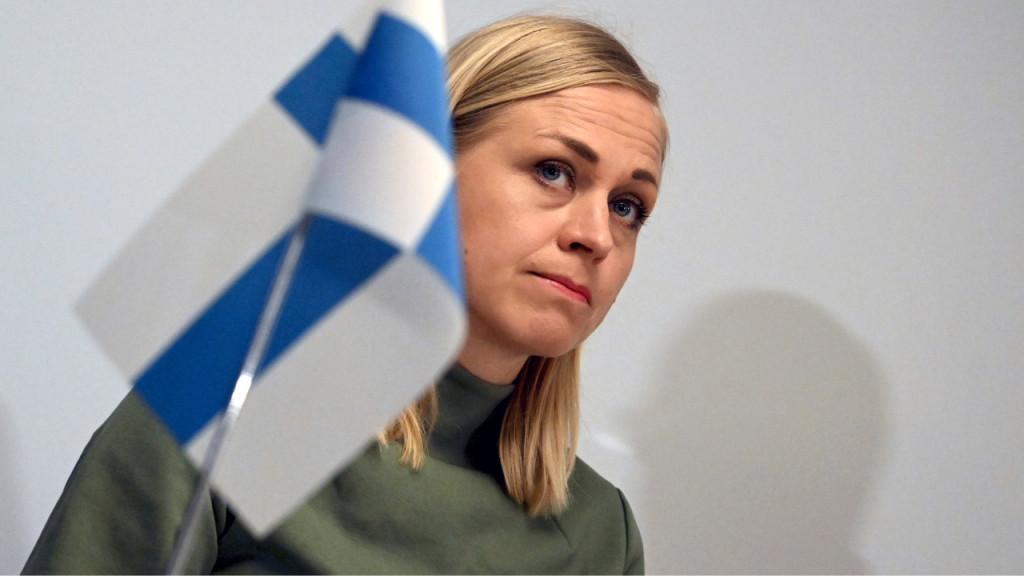Leaders around the Baltic Sea expressed caution in response to reports of Russia potentially revising the borders of its territorial waters. Lithuania’s foreign minister described it as an “obvious escalation” that warranted a strong response. A draft proposal from Russia’s Defense Ministry suggested updating the coordinates used to measure the strip of territorial waters off its mainland coast and islands in the Baltic Sea, which were approved in 1985 based on outdated nautical navigation maps. While it was unclear if the proposed changes would actually shift the border or just clarify it, the move raised concerns among neighboring countries.
Swedish Prime Minister Ulf Kristersson noted that Russia is a signatory party to a United Nations convention that regulates how such changes should be made. He, along with Finland’s foreign minister, expressed the expectation that Russia would adhere to its responsibilities under the convention, warning that a violation could lead to global backlash against Russia. Finnish President Alexander Stubb emphasized the need for calm and fact-based responses in dealing with the situation. Lithuania also raised concerns about Russian intentions in the Baltic Sea, particularly in light of recent military advances in northeastern Ukraine.
Despite the initial alarm caused by the draft proposal, Russia sought to downplay the situation. The Kremlin emphasized the lack of political motivations behind the Defense Ministry’s proposal, attributing it to escalating tensions and the need to ensure national security in the Baltic region. An unnamed military diplomatic source clarified that Moscow had no intention of revising its borders or the width of its territorial waters. The ambiguity surrounding the proposal was further underscored by the sudden deletion of the draft legislation from an official government website, leaving the reasons for its removal unexplained.
Since Russia’s invasion of Ukraine in 2022, Finland and Sweden have joined NATO, leading to increased security concerns in the Baltic Sea region. The proximity of Russia’s Kaliningrad enclave to NATO members like Lithuania and Poland, as well as its strategic naval position in the Baltic Sea, has contributed to tensions in the area. Russia’s maritime access to St. Petersburg is also reliant on the Baltic Sea. As such, the potential revision of territorial waters has been viewed with caution by neighboring countries, given the complex geopolitical dynamics at play.
The draft proposal prompted reactions from various leaders and officials around the Baltic Sea, highlighting the delicate balance of power and security concerns in the region. While some viewed it as a routine measure by Russia, others saw it as a potential provocation that needed to be addressed firmly. The debate over the borders of territorial waters underscores the broader challenges of ensuring stability and cooperation in the Baltic Sea area, particularly in the context of recent geopolitical shifts and military developments. As uncertainties persist, continued dialogue and diplomatic engagement will be crucial in managing tensions and maintaining peace in the region.


